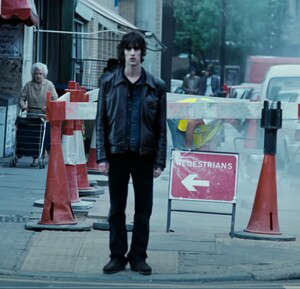
After decades of lost royalties over a Rolling Stones sample, Richard Ashcroft finally regained control of The Verve’s iconic hit.
Few songs capture the feeling of yearning and melancholy quite like The Verve’s 1997 hit Bitter Sweet Symphony. Its sweeping orchestral arrangement and Richard Ashcroft’s heartfelt vocals made it one of the most iconic songs of the 1990s. But behind its soaring strings lies a story of legal battles, lost royalties, and creative disputes that lasted more than two decades.
The story begins with the song’s signature orchestral riff. The Verve did not compose it entirely themselves. They sampled a version of the Rolling Stones’ song The Last Time, specifically the 1965 orchestral cover recorded by the Andrew Oldham Orchestra. Sampling—using part of another recording in a new song—is common in music, but it requires permission.
The Verve had negotiated a license to use a brief segment of the Andrew Oldham Orchestra version. But shortly after Bitter Sweet Symphony was released, Allen Klein, the Rolling Stones’ former manager who controlled the rights to the song, sued The Verve. The lawsuit claimed the band had used more of the composition than the license allowed.
The legal battle ended with a harsh outcome for The Verve. The rights to the song and all publishing royalties were awarded to ABKCO Records, Allen Klein’s company. The Verve did not receive any money from the song’s sales, airplay, or use in films and advertisements for more than 20 years. Even though Ashcroft wrote the lyrics and added new melodies, the royalties all went to the Rolling Stones’ management team.
Richard Ashcroft later described the experience as devastating. In interviews, he explained that the legal fight left him feeling like the song was “stolen from him.” He said it was a bitter lesson about the music industry, where legal and financial control can override artistic creation.
For years, the situation remained unchanged. Bitter Sweet Symphony became widely recognized and used in commercials, films, and television, yet The Verve received none of the financial benefit. Ashcroft’s songwriting and the band’s performance were effectively invisible in the eyes of the law.
In a surprising turn, 2019 brought a long-awaited resolution. Mick Jagger and Keith Richards, the original writers of The Last Time, officially returned the rights to Ashcroft. In a post on social media, Ashcroft thanked Jagger and Richards for the decision, saying he could finally regain control of the song he had created. The gesture was widely celebrated as a rare moment of reconciliation in the often brutal music business.
Today, Bitter Sweet Symphony is celebrated not just for its music, but also for its story—a reminder of the complex intersections between creativity, copyright, and the business of music. While it took more than 20 years, Ashcroft finally got the recognition and royalties he deserved, and the song’s legacy as one of the 1990s’ defining tracks remains intact.
Sources:
- BBC News
- Rolling Stone
- The Guardian
- NPR



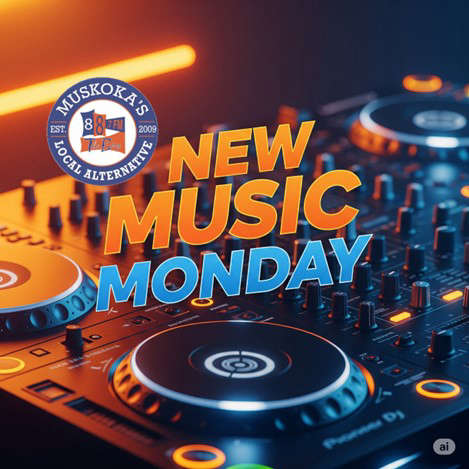 New Music Monday: Defying the Cold Snap with the Latest Cuts from Friday's Countdown
New Music Monday: Defying the Cold Snap with the Latest Cuts from Friday's Countdown
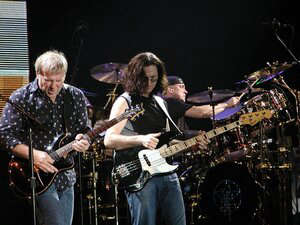 How Rush's "Tom Sawyer" Defined a Legend and Ignited a 50-Year Legacy
How Rush's "Tom Sawyer" Defined a Legend and Ignited a 50-Year Legacy
 Arctic Monkeys Return with "Opening Night": A New Chapter for the Sheffield Icons
Arctic Monkeys Return with "Opening Night": A New Chapter for the Sheffield Icons
 Muskoka’s Own Hitmaker: New Biography on Marc Jordan
Muskoka’s Own Hitmaker: New Biography on Marc Jordan
 Hometown Legends Take the World Stage: Green Day Set for Santa Clara Homecoming
Hometown Legends Take the World Stage: Green Day Set for Santa Clara Homecoming






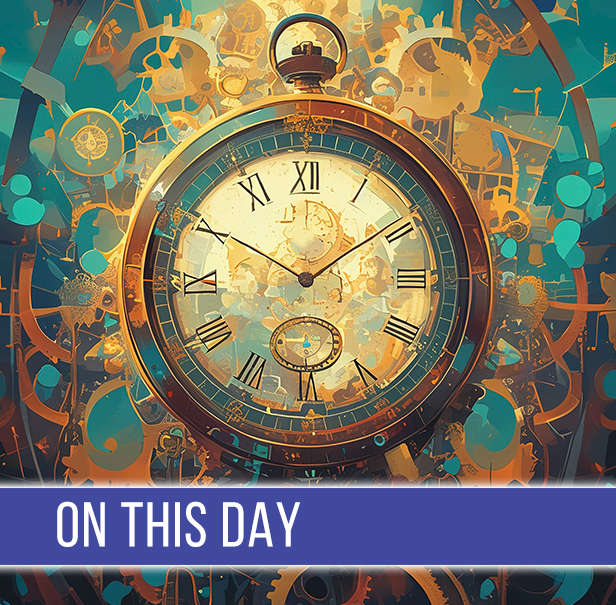

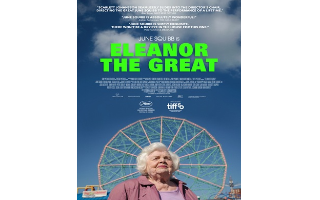

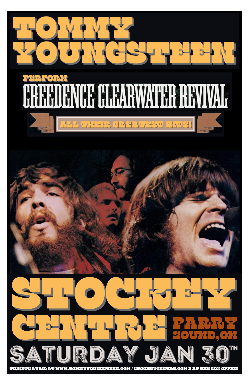


Comments
Add a comment